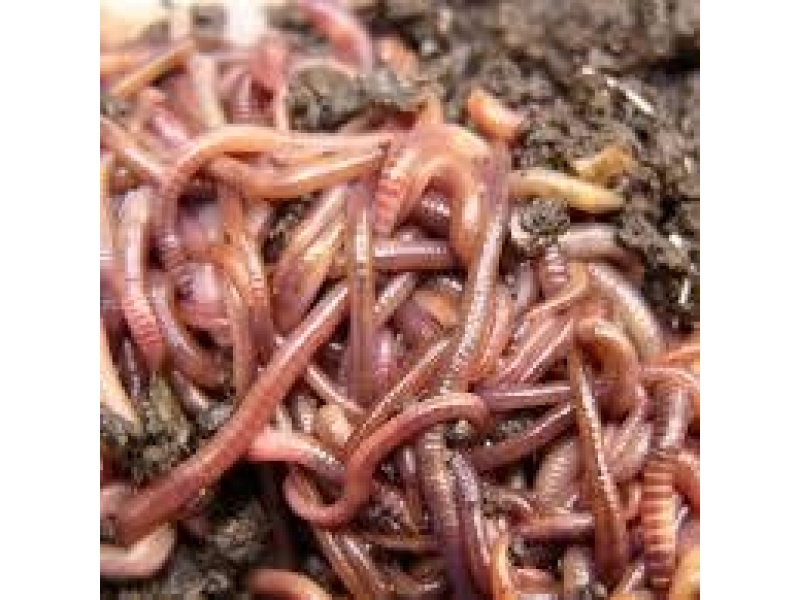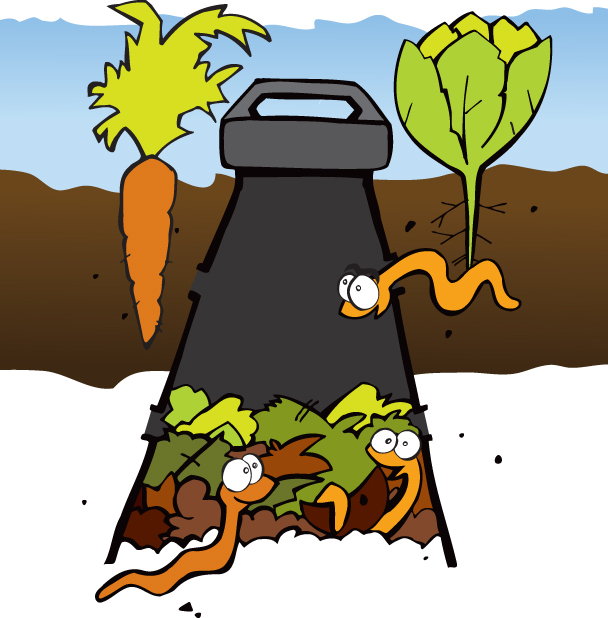
There is a community garden nearby that takes organic waste, but I often filled by small 2-liter bin quickly and found I was having to do drop-offs a few times a week. I live in a high rise unit with no composting collection in place. I do believe that if you have no garden at all and nowhere to dispose of your Bokashi compost, you would probably be better off having a worm farm.I just wanted to share a positive experience with apartment composting with you all and potentially inspire some of you to consider this option if suitable. How much can be used in your worm-farm – if indeed you have one – will depend on the number of worms you are hosting and the amount of Bokashi compost you have. Of course you do need to have a means of dealing with the uncured product if you have no garden to bury it in, or a back-yard compost bin to throw it into. One or two users were not happy, mainly complaining about the smell, but adding a little more of the bran mix would appear to over-come that. Reports by composters who have tried Bokashi composting for their kitchen waste are varied, but those who succeed with it are dedicated supporters and swear by its efficacy and its suitability for composting indoors.

*Buried in your garden where it will take about 2 weeks to finally break down to a state where you may plant directly into it. *Added to conventional compost where it will accelerate the action. When the bin is opened, the contents may be: After the bin is full, it is sealed and left for at least two weeks undisturbed. The kitchen waste to be processed is layered in an air-tight container with a molasses and bran mix which is laced with EM – Effective Microorganisms. It can be used, heavily diluted on your garden. The microorganisms will help to eliminate all sorts of odours. The leachate, used ‘neat’ is excellent for flushing down drains.Bokashi compost is ready for use far more quickly than conventional compost.Because it is in a sealed unit and because of the lack of food smells, your scraps will not attract flies, pests or undesirables.If it is being tended properly, there should be nothing but a slight vinegary odour when the bucket is opened. Contrary to reports, there should not be any major smell problems.This is an anaerobic (no oxygen required) method of composting.One of its main advantages over other systems, is its ability to process meat and dairy products along with cooked food, which normally cannot be dealt with satisfactorily in a domestic situation.The differences occur on the inside where the special bacteria, known as EM do their work. Instead, it largely retains its original appearance. Firstly, the kitchen waste is not turned into a soil-like substance.(Actually, suggest you buy two so that you do not have to suspend production while number 1 is sitting around). It is easy to produce at home, or you could buy a commercially manufactured one.

The container for your Bokashi is simply a bucket with a drain at the bottom, a tap and an air-tight lid. (This concoction is purchased through the supplier of the bins, although many enthusiasts prefer to make their own).

This bran mix is sprinkled over the kitchen waste in the bucket, where the resident microbes become active and begin the fermenting process. The active micro-organisms used in this composting system are known as Effective-Microorganisms (EM) and are delivered to the composting bucket in a medium of bran mixed with a small amount of molasses and various other additives.

As with all composting, the work is done through micro-organisms processing organic material, but in this case, the effect is to pickle or ferment the food with results rather different to those of conventional composting. It is fast becoming an extremely popular way of re-cycling organic waste because of its simplicity and because it can be used to process virtually all the usual kitchen scraps including meat and dairy products, items that are not easily dealt with by any other domestic composting system. The contents of a Bokashi bin covered in the bran mixīokashi, another method of re-cycling kitchen waste, is thought to be based on historic Korean farming techniques, refined and brought to the modern world by the Japanese agricultural research scientist, Dr.


 0 kommentar(er)
0 kommentar(er)
